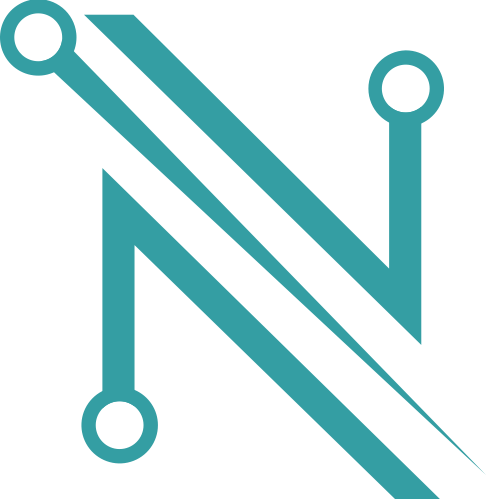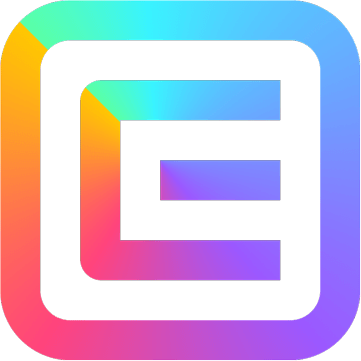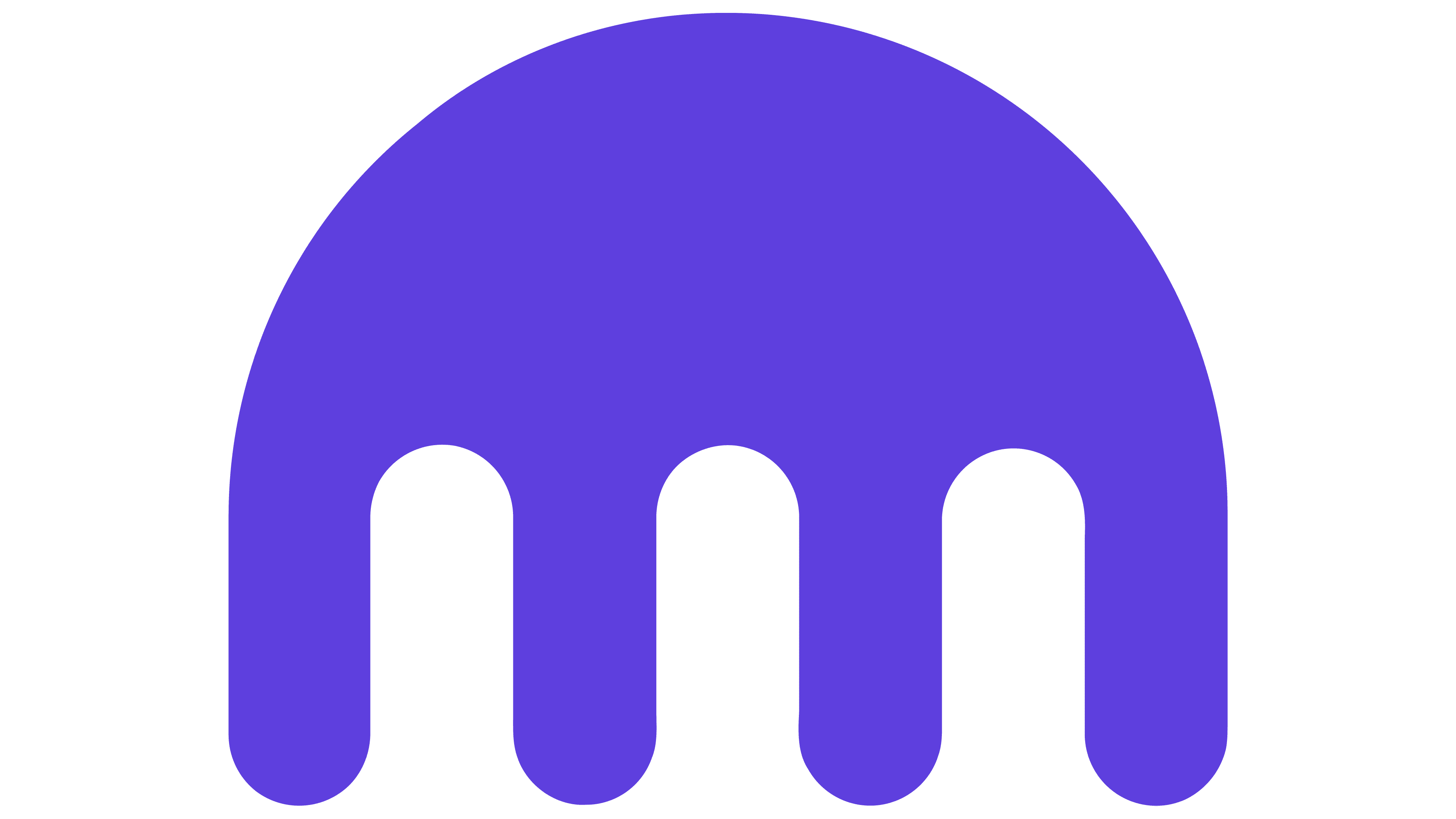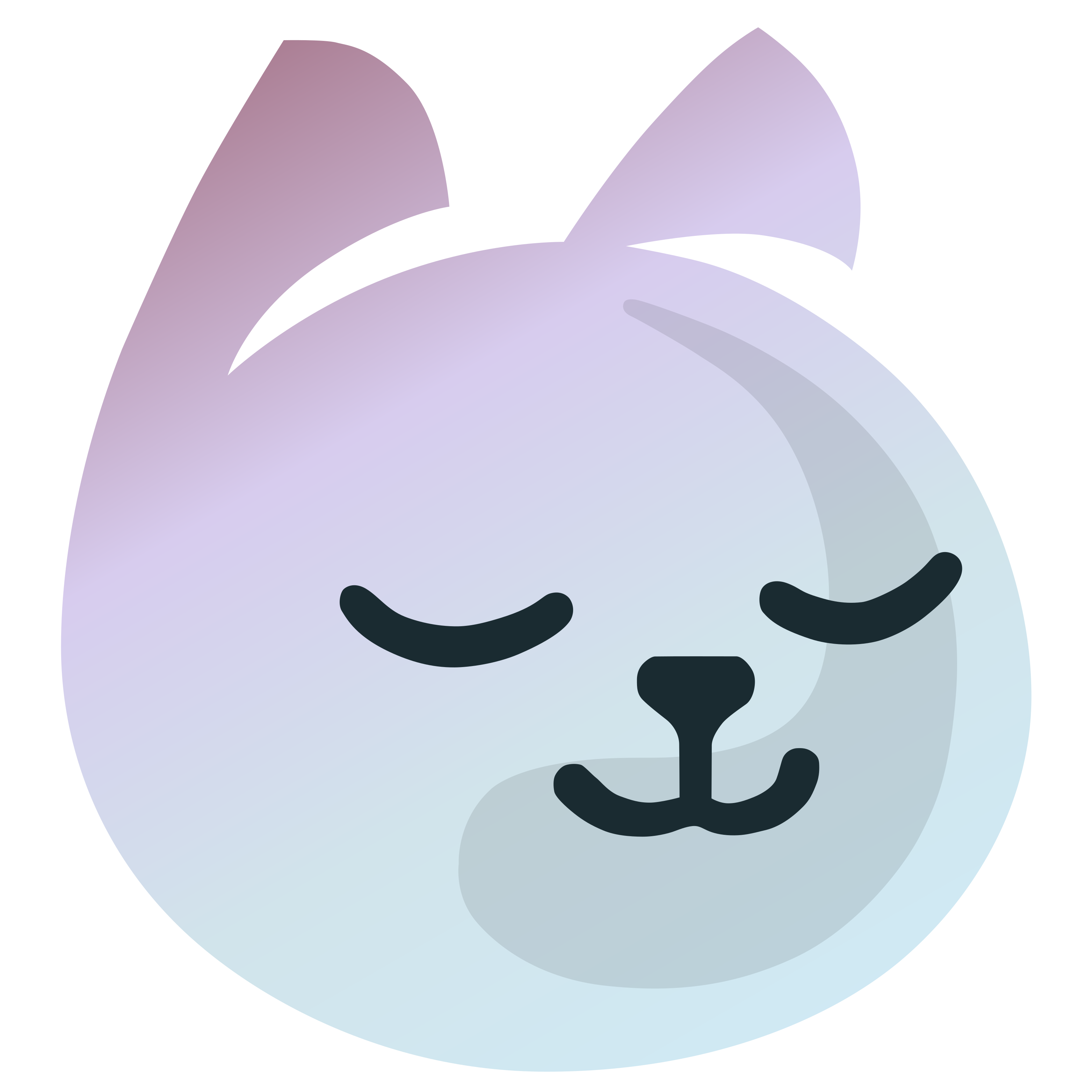Cardano is an open-source decentralized proof-of-stake (PoS) blockchain founded in 2015 by Charles Hoskinson and launched in 2017 as a more efficient alternative to already established proof-of-work (PoW) blockchains such as Bitcoin and Ethereum.
Its primary digital currency and governance token is Ada (₳), named after XIXth century Augusta Ada King, Countess of Lovelace, regarded as the world's first computer programmer. Similar to Bitcoin's smallest division, the Satoshi, Ada's smallest division is called Lovelace, where 1 ₳ = 1,000,000 Lovelace.
Apart from its consensus protocol (a scientifically proven secure proof-of-stake protocol called Ouroboros), Cardano distinguishes itself from other blockchain technologies through its accounting model, the eUTxO, regarded as more scalable, easily verifiable, simpler and privacy-focused alternative to the commonly used account/balance model.
The continued development and network functionality is in large part attributed to an extended community of developers, scientists & engineers, working along 3 official organizations in charge of the ecosystem, engineering and business development of Cardano: The Cardano Foundation , IOHK & EMURGO .













